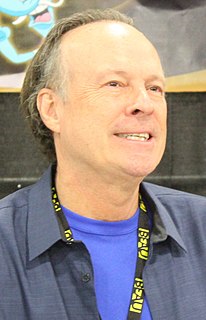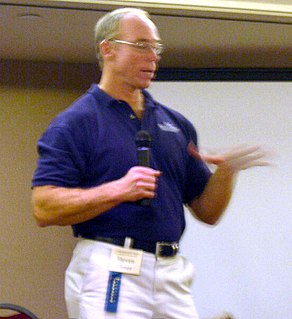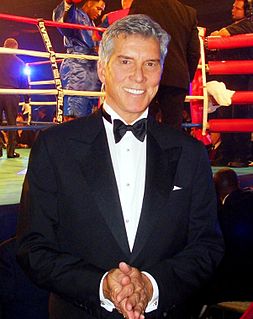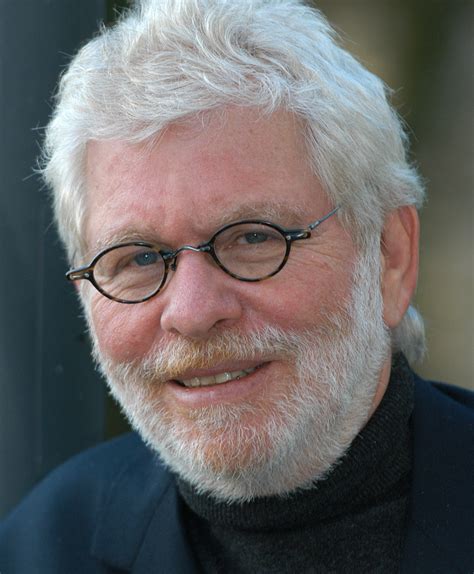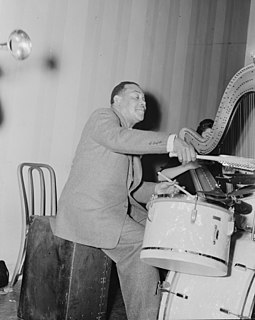A Quote by Dwight Schultz
The Roswell incident, for instance, had over three hundred witnesses - some describing the bodies, some the craft, some the military procedures. Were they all perpetuating their own lives in a myth?
Related Quotes
I've talked with people of stature-of military and government credentials and position-and heard their stories, and their desire to tell their stories openly to the public. And that got my attention very, very rapidly.... The first hand experiences of these credible witnesses that, now in advanced years are anxious to tell their story, we can't deny that, and the evidence points to the fact that Roswell was a real incident, and that indeed an alien craft did crash, and that material was recovered from that crash site.
There are more than 100 first- and second- hand witnesses to the retrieval of an extraterrestrial spacecraft and at least four extraterrestrial bodies from a crash which occurred in July, 1947, 75 miles northwest of Roswell, New Mexico; written and videotaped testimony from several first-hand witnesses who are respected military officers have been obtained.
Well, I do not mind telling you I have been at work upon this geometry of Four Dimensions for some time. Some of my results are curious. For instance, here is a portrait of a man at eight years old, another atfifteen, another at seventeen, another at twenty-three, and so on. All these are evidently sections, as it were, Three-Dimensional representations of his Four-Dimensioned being, which is a fixed and unalterable thing.
There were so many bands in New Orleans. But most of the musicians had day jobs, you know -- trades. They were bricklayers and carpenters and cigar makers and plasterers. Some had little businesses of their own -- coal and wood and vegetable stores. Some worked on the cotton exchange and some were porters. They had to work at other trades 'cause there were so many musicians, so many bands. It was the most musical town in the country.
In those days, we imagined ourselves as being kept in some kind of holding pen, waiting to be released into our lives. And when the moment came, our lives -- and time itself -- would speed up. How were we to know that our lives had in any case begun, that some advantage had already been gained, some damage already inflicted? Also, that our release would only be into a larger holding pen, whose boundaries would be at first undiscernible.
